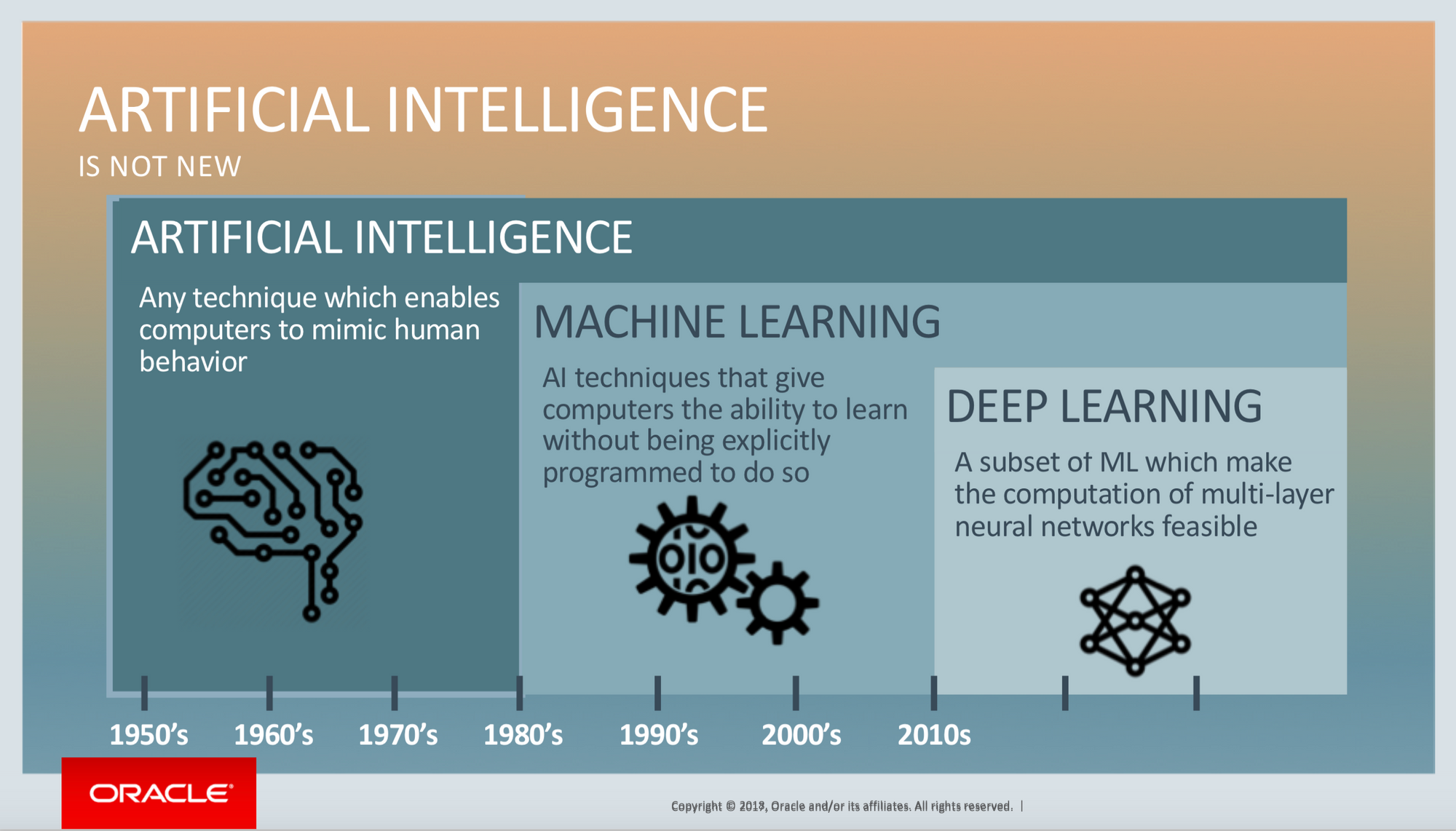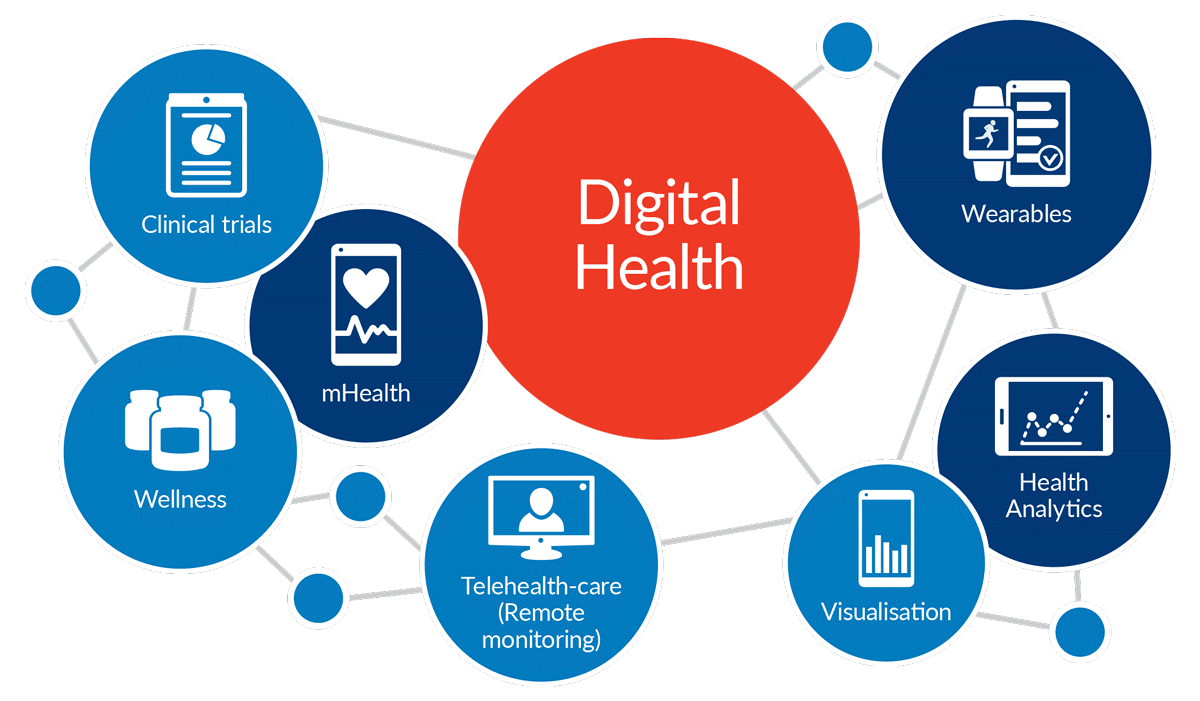In Steven Spielberg’s science fiction film Minority Report, set in the year 2054, all vehicles are self-driving, and criminals are apprehended before they can commit murder based on predictions made by three psychics.
Spielberg collaborated with scientists before in order to make his future world on film as realistic as possible. If that were today, I'd say he collaborated with engineers from San Francisco. Although still in development, autonomous vehicles have reached the roadways, and predicting the future may not have to wait three more decades before it becomes a reality.

Today, Cognitive computing systems exist that attempt to simulate human thought processes and are characterized by their ability to learn. They do this by analyzing massive amounts of data and making decisions based on the input. While perhaps not quite the artificial intelligence portrayed in movies, cognitive computers do have advanced abilities that allow them to be self-learners.
By using machine learning algorithms, cognitive computers have the ability to ‘learn’ or ‘gain knowledge’ through the influx of data they access, and they can evolve to more efficiently process data over time. Essentially, the more these systems are used the more they improve at their work, and the better they can begin to recognize patterns. This recognition allows for predictions of potential issues and the finding of solutions.
Deep Learning
In 1984, Steve Jobs unveiled Apple’s newest computer, which captivated the world when it said its pre-programmed line, “Hello, I’m Macintosh.” As Bernard Marr points out in Forbes, even the personal digital assistants on today’s smartphones and computers use responses that are limited to a pre-programmed set of responses. Deep learning will take computers from spitting out cute, pre-programmed sentences to translating speech in real time and recognizing complex objects.
Deep learning has been described as “a relatively new and hugely powerful technique that involves a family of algorithms that processes information in deep “neural” networks where the output from one layer becomes the input for the next one.” In other words, deep learning is a complex system that functions similar to the human brain, giving it the ability to solve complex problems.

By employing logic and rule-based systems and processes, deep learning can aid in decision-making based on the input from huge quantities of data. For example, it is the basis for functions such as advanced face recognition as it can distinguish a human face by comparing its contours to similar data.
The Benefits of Cognitive Computing for Companies
Cognitive computing and deep thinking are set to become essential elements for companies seeking a competitive edge. As these systems become better able to think like human beings through virtual learning, they will expand business capabilities in nearly every industry.
For example, several vehicles currently on the market have some level of autonomous capability. In order for self-driving cars to operate safely, they must be able to detect objects on the roadway and move through traffic and other obstacles without human intervention. Deep learning enables machines, such as cars, to detect and classify objects, and is becoming the technological foundation for autonomous vehicles among many other applications.
Data Analysis
While many businesses currently have systems in place for dealing with data inflow, cognitive computing will render those systems obsolete. This is because even the most advanced data analysis systems in use today (that are not cognitive systems) cannot handle the ever-increasing amounts of unstructured data that is being created. In contrast, the primary benefit of cognitive computing systems is their ability to intake, interpret, and act upon massive amounts of unstructured data.

Unstructured data is classified as data which does not fit into databases, such as videos, documents, or web pages. The chief reason this is such an important issue is due to the already vast and quickly increasing amounts of unstructured data being stored on clouds that is not being utilized. Current systems are not designed to interpret and act upon this data, especially in large quantities. Cognitive computing has the ability to meticulously sort through this data, and to detect patterns and become more efficient as it continues to process the data.
Customer Service
Not only can cognitive computing handle large quantities of data for companies, it can also provide assistance with consumers at a personal level. By evaluating and learning from the data inputted by each individual, cognitive computing can tailor the consumer experience to make it unique and personal for each user.
Cognitive computing can improve customer relations by:
• Enabling researchers to uncover new insights into customer preferences and desires.
• Identifying critical components of vendors’ and customers’ needs.
• Creating individualized plans to enhance the customer experience.
• Optimizing item selection and recruitment.
Moreover, it can also improve communications between consumers and businesses by adapting to individual preferences and communication styles.
Robotics
Many companies have turned to robotics to automate tasks that do not require human work. Robotics in industries saves the costs involved in labor and increases efficiency. Physical robots can perform programmed tasks, then, using cognitive computing, they can intake data and use it to refine themselves, thus becoming more efficient.
Cognitive computing can also improve robotics in software business models by anticipating potential issues that the systems might suffer and providing solutions to prevent such occurrences.
Health Care
The opportunity for advancement in the healthcare industry with the aid of cognitive computing is immense. Cognitive technology can assist healthcare providers to deliver the best possible care for patients. The goal is not to replace healthcare practitioners, but to expand their capabilities.

In “Cognitive Computing and the Future of Health Care,” IBM distinguished engineer Dr. Mohamed Nooman Ahmed notes that Cognitive computing uses its algorithms to condense the vast quantities of information available for each patient, including best practices, patient history, and medical articles, into summaries with recommendations.
Healthcare consultants can analyze these health reports to give patients a more thorough diagnosis. Cognitive computing can further assist healthcare consultant firms by utilizing patients’ health records and other relevant information to predict potential deficiencies, diseases, or conditions to which patients may be particularly susceptible.
Cognitive Computing is “Science-Fact”
As Cognitive Computing and deep learning bring the realm of “science fiction” into “science-fact,” the market place is entering an era when computers can improve data analysis, prevent cyber-attacks, increase human knowledge, and advance treatments for disease. How companies adapt and utilize this technology will determine if they grow and prosper or fade away into obsolescence.
To build a vast information sharing network based on different background inside the digital platform era, Propane Agency is organizing events to instigate minds, visualize new opportunities and multiply knowledge about Digital Transformation and Digital Platforms. We had a great event at Propane's office in San Francisco talking about Digital Transformation, Tech and Health Care. It was an excellent opportunity to have a great conversation based on diverse perspectives and information. Join our event group to be aware of our next event.
Propane Agency - San Francisco
1153 Mission Street
San Francisco, CA - 94103
415 550 8692